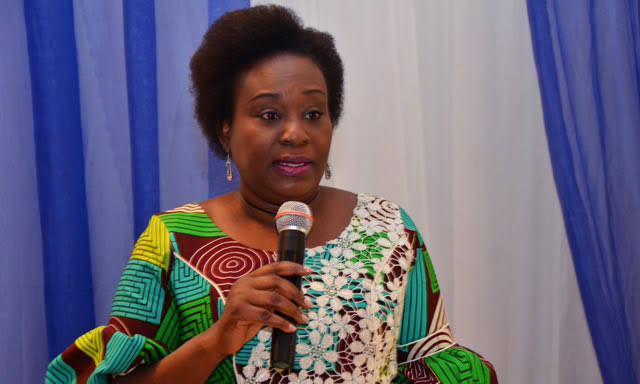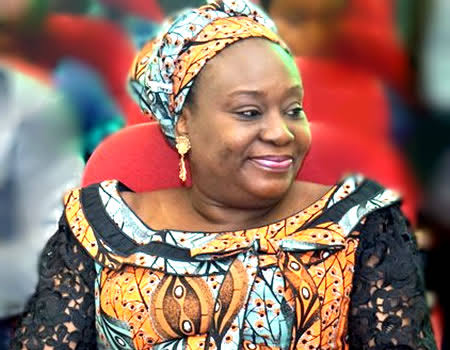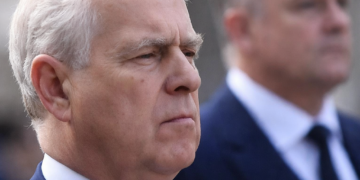Half of the civil servants vying for the top permanent secretary positions in Nigeria’s Federal Civil Service have failed their qualifying exam. 19 out of 38 directors could not make it past the first hurdle. And these are the people eyeing some of the highest bureaucratic offices in the country.
According to a memo released by Dr. Emmanuel Meribole on behalf of the examination committee, this dismal performance came to light after the exam held on Monday, November 11, 2024. The results, published by the Office of the Head of Civil Service of the Federation (OHCSF), leave us wondering about the competence level in our federal offices if even half of these “experienced” directors can’t pass a basic exam.

For context, the Federal Government had initiated this process back in October to fill permanent secretary vacancies in eight states. These are crucial positions responsible for implementing government policies efficiently. However, the initial phase of this rigorous selection process has already shown a glaring gap in competency. The Director of Press at OHCSF, Eno Olotu, informed the public that 19 directors made it through the first stage and would advance to the next round. They will now be tested on their Information and Communication Technology (ICT) skills on Wednesday, November 13, 2024.
It is quite worrying, to imagine these directors who are supposed to spearhead digital transformation in our bureaucratic processes fumbling through basic ICT tests. Let’s not forget, these are the same civil servants often tasked with implementing policies that affect millions of Nigerians. If the exam is designed to weed out incompetence, then it seems to be doing its job a little too well.
Olotu assured that this selection follows a strict, three-stage process meant to guarantee that only the best make it through. However, the “best” seems to be a shrinking group if this first stage is anything to go by. The successful candidates will face another test on Friday, November 15, 2024. This final stage involves a grilling session by a panel of top government bureaucrats and private sector experts.
The question we should be asking is that if half of the top contenders are failing now, what does this say about the overall state of the civil service?

















